First off - what is it - it is a condition of horses incisors being recognised much more frequently in horses, can cause significant pain and is often only picked up after we see a horse for a dental. It is seen most frequently in...
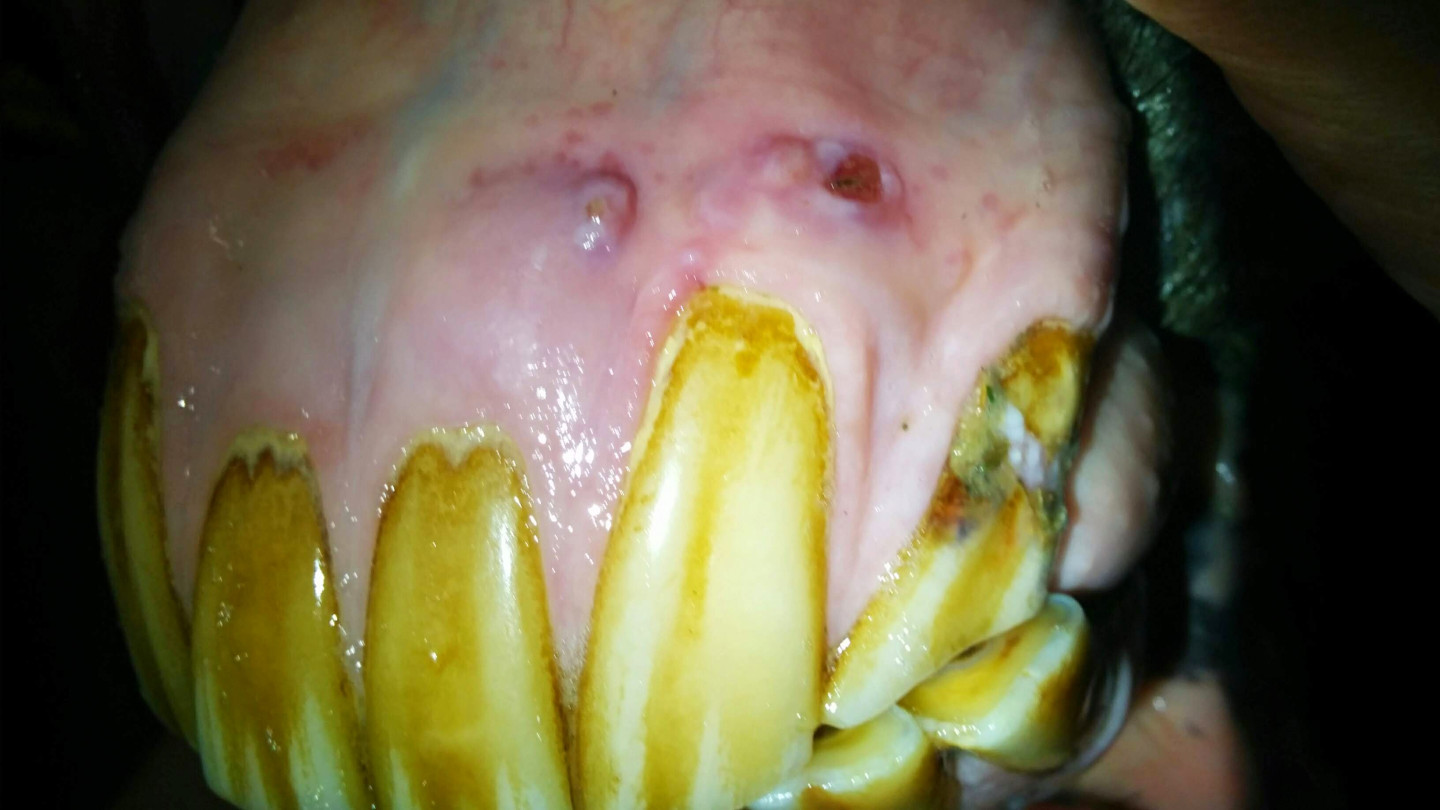

First off - what is it - it is a condition of horses incisors being recognised much more frequently in horses, can cause significant pain and is often only picked up after we see a horse for a dental. It is seen most frequently in...
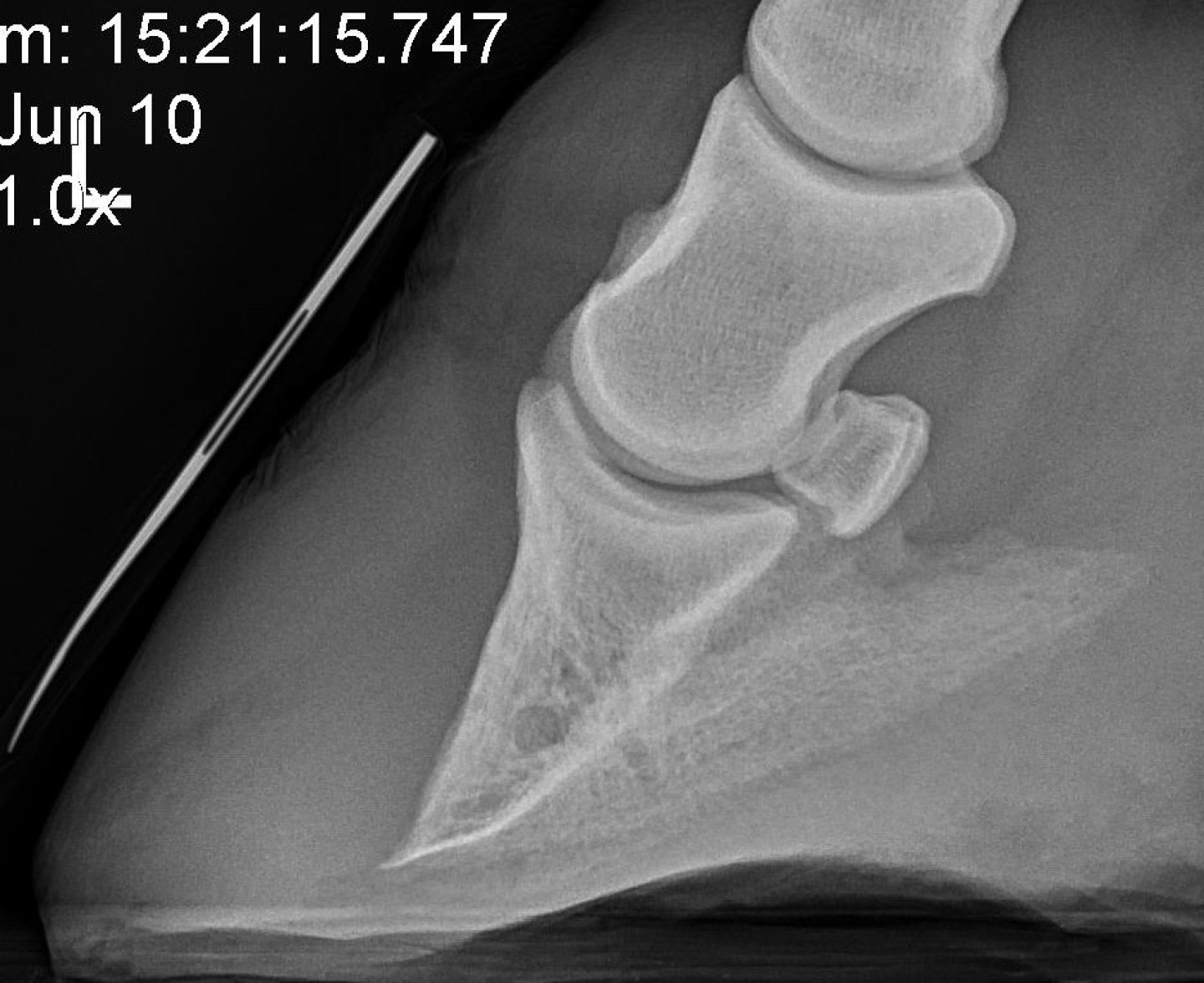
2019 has been a very bad year for laminitis, there has hardly been a day go by where one of the team hasn’t been diagnosing and treating at least one case, some weeks many more.
I have always strongly advocated taking radiographs of the feet of horses suspected of or diagnosed with laminitis, the sooner in the disease process the better. Here are my reasons why:
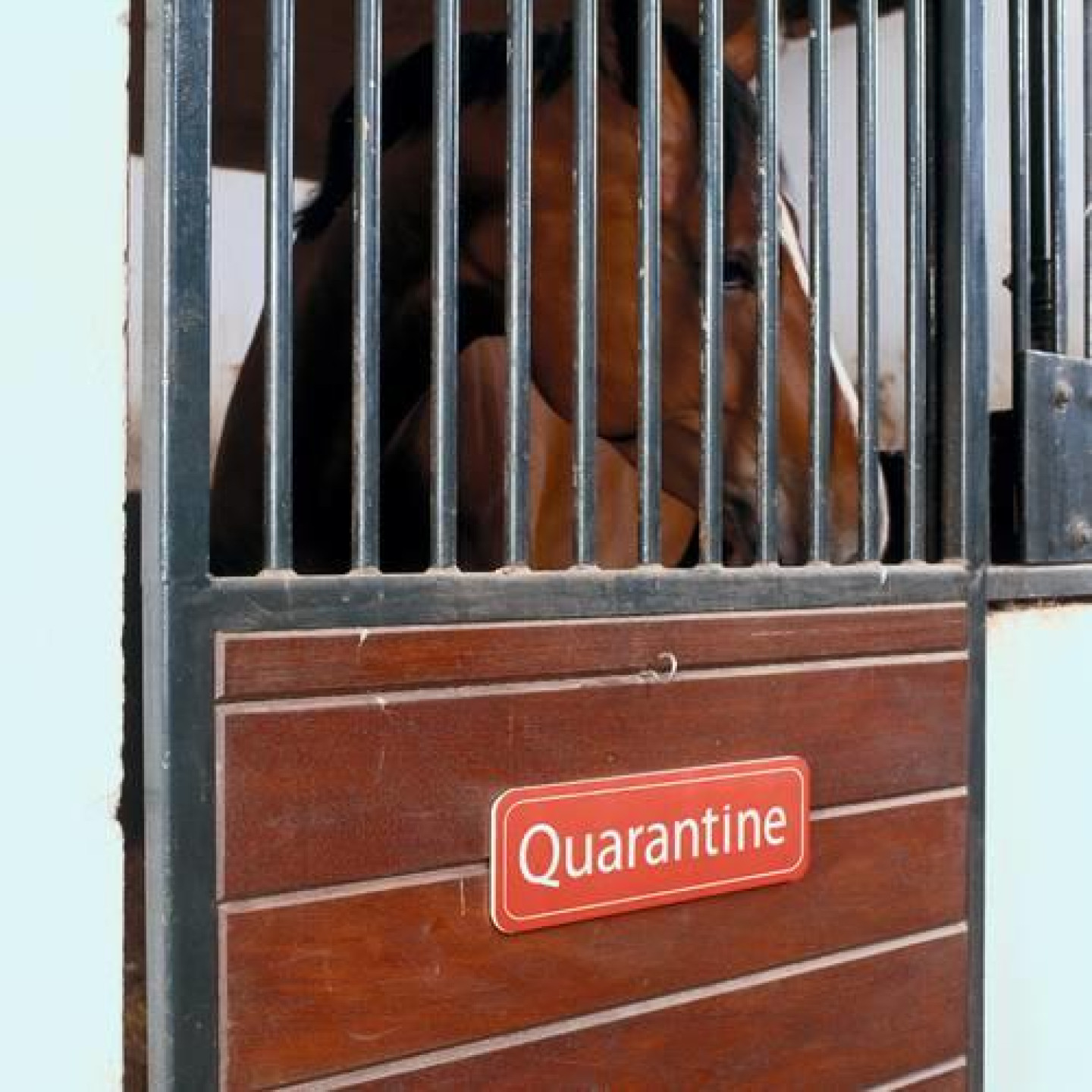
Unfortunately the current flu outbreak accelerated during June affecting horses up and down the country with cases identified in West Yorkshire. Transmission of equine flu occurs through either respiratory or indirect means such as clothing or equipment which means it can spread rapidly through a yard passing from horse to horse.
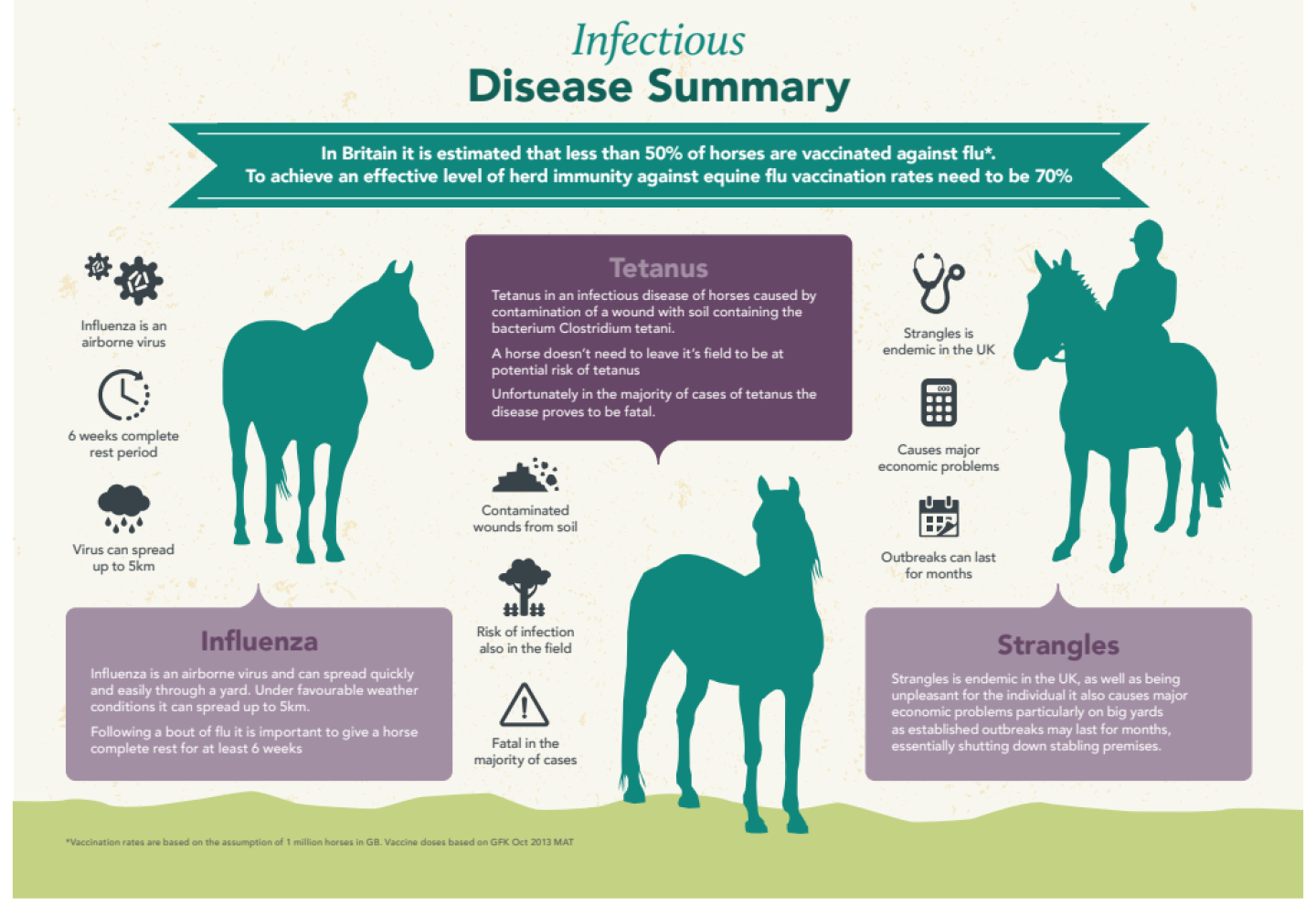
With all the recent focus on equine flu I thought I should add some information on tetanus.
Equine tetanus is considered much more important to vaccinate against and is a protection we would strongly advise all horses to have. Tetanus is frequently a fatal disease of horses that they do not catch from another horse, but get can get from contaminated wounds - including surgical wounds like castration, nail punctures of the hoof or tooth removal.
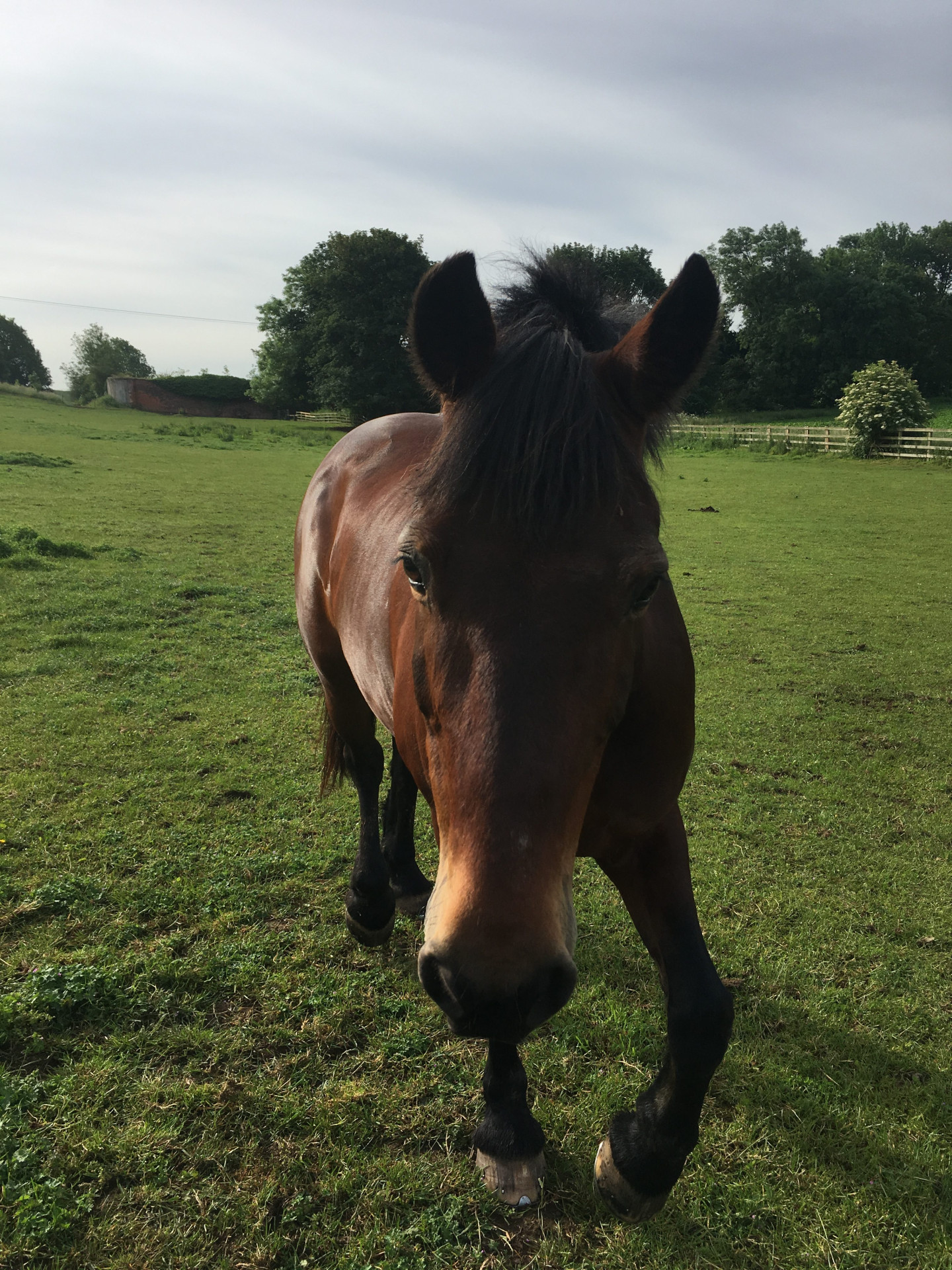
Dare I say the sun seems to be making an appearance this weekend, as the weather warms up it's worth keeping in mind we aren't the only ones that will be getting hot and bothered. I'm so pleased that our horses are finally getting to have more time outside with the sun on their backs so I've put together a few tips for keeping our horses hydrated and happy over summer. The photo is Denver who was very happy when he got to have a naked roll when I took his rug off on Monday! Jess Timmins x
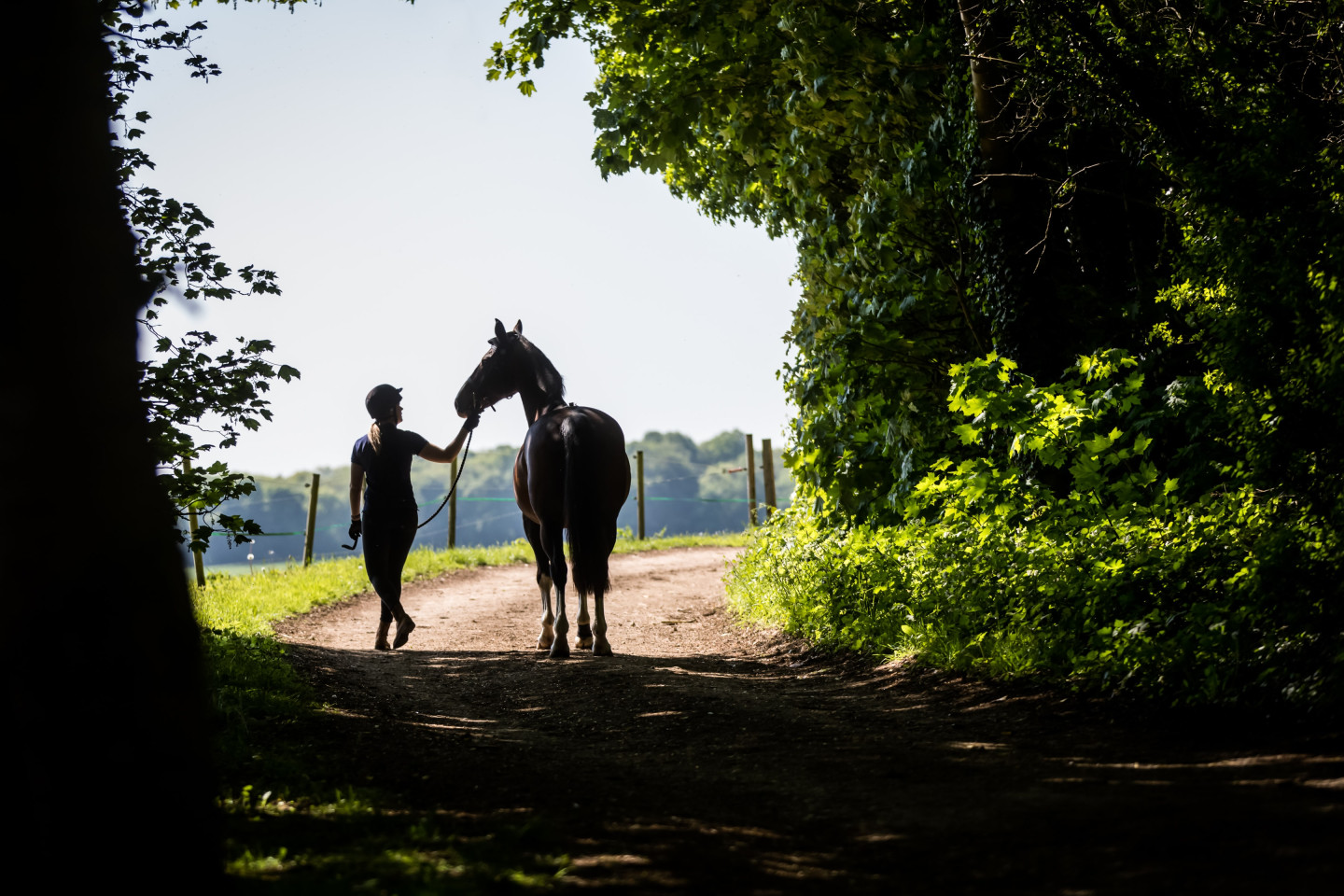
Sometimes the decision for euthanasia is made for us in an emergency situation but sadly more often than not we have to make these difficult decisions and as loving horse owners it is our responsibility to choose when to say goodbye and the decision can lie heavily on our shoulders. It is my job as a vet to be there to help and support you so that you don’t feel like you have to make this decision on your own.
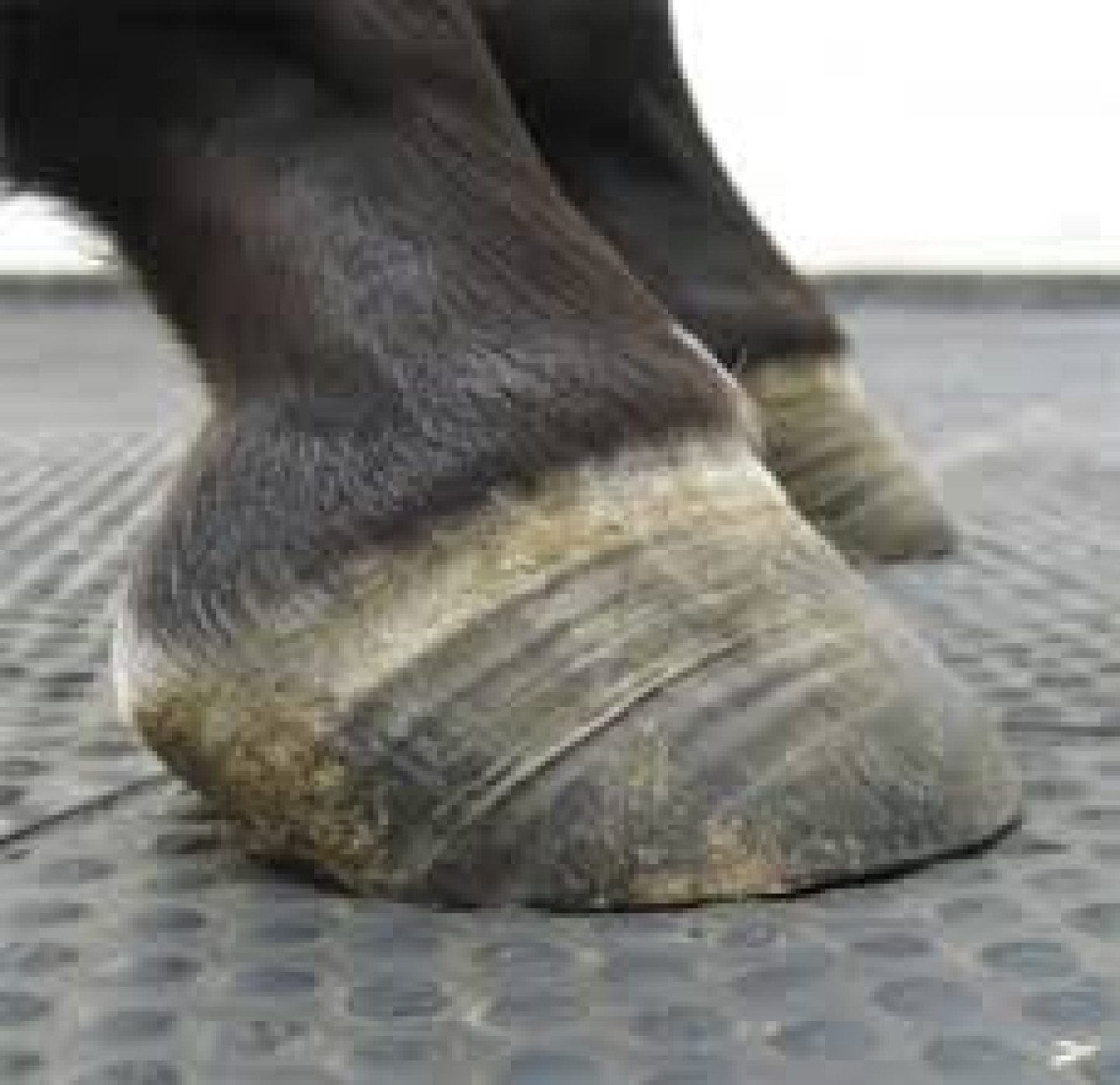
This has been a very busy week for us at Ridings Equine, unfortunately the spring grass and relatively hard ground have been causing a lot of problems for our lovely patients!
As previously mentioned in our 'Spring Emergencies on the Rise!' blog by Jenny, the spring grass has continued to flourish with the spells of rain and warm weather we've been having making our once bare paddocks into large sweet shops for our horses and ponies!
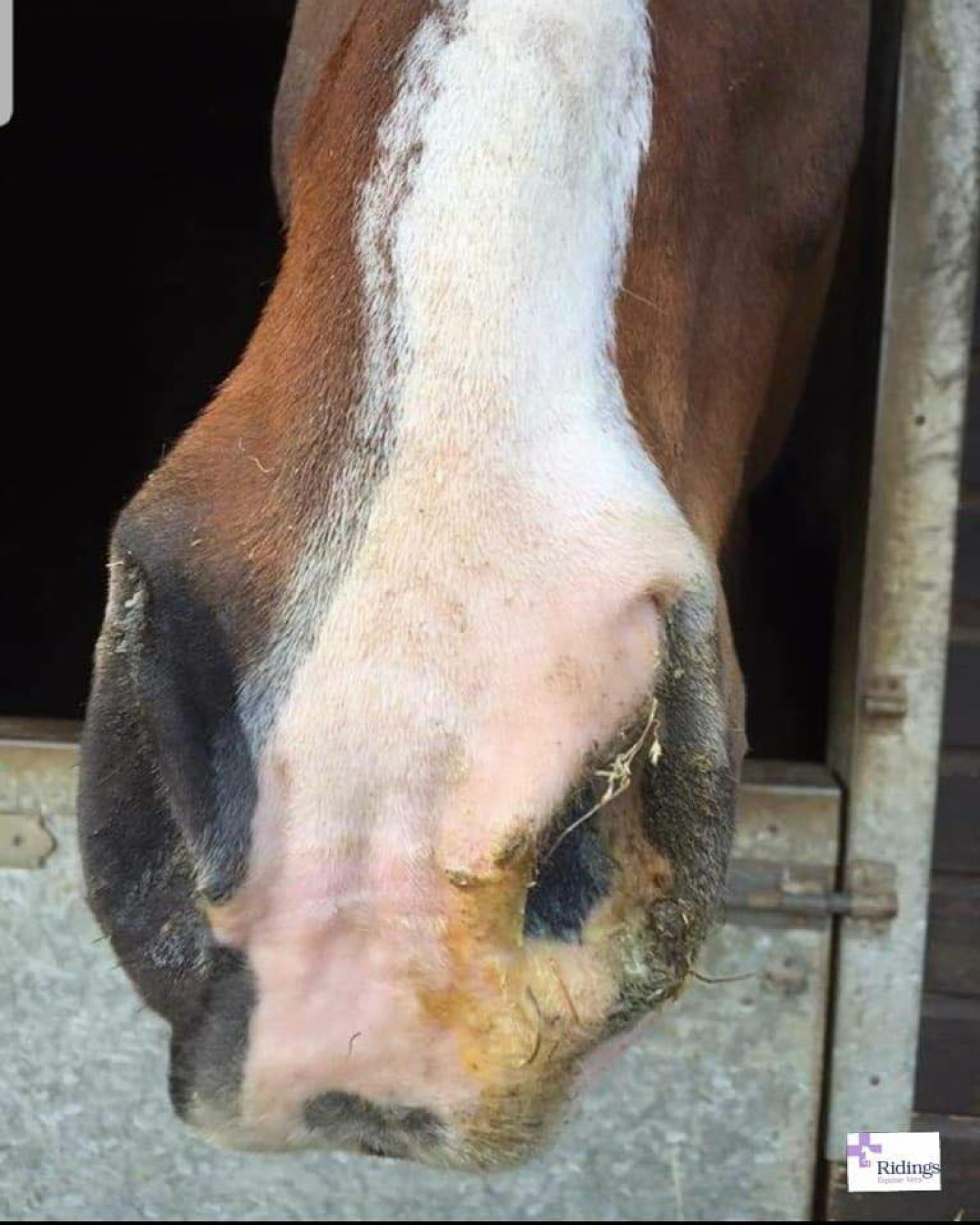
A reminder that although equine flu is not making the headlines all owners should still be maintaining their flu vaccines We would still recommend that ideally your horse should have a booster 6 months after their previous vaccine - or arrange a booster if it is already over 6 months since your last vaccine.
The latest update shows 9 new cases confirmed in the UK last week - and a case has been confirmed in Yorkshire earlier this month.
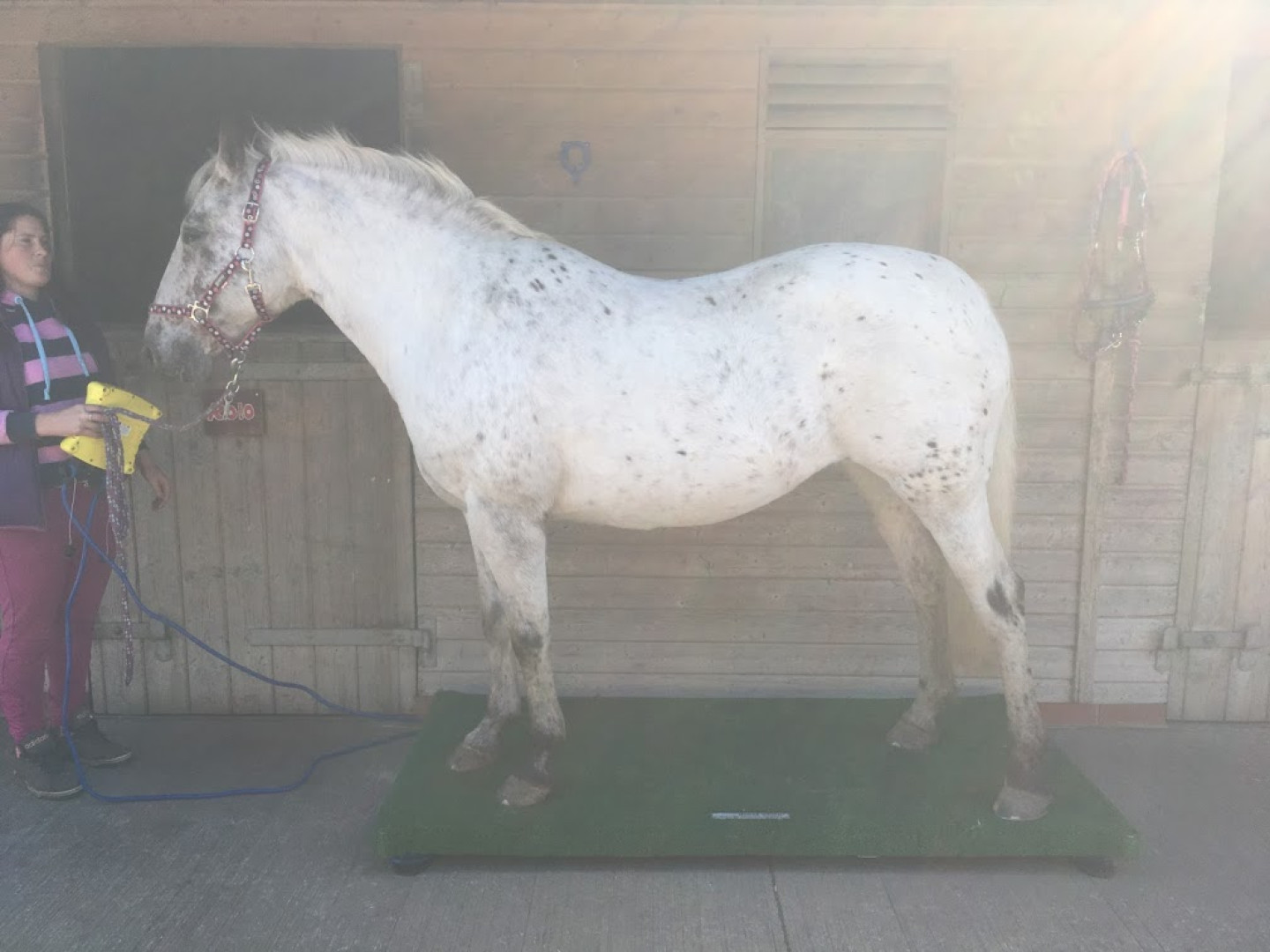
Well spring is definitely here and summer is on the way. It's this time of year we are getting our horses up to their peak condition and increasing their fitness. Whether you have a happy hacker, a retired friend or you are heading to Bramham next month it's so important to keep all our horses in the right condition all year round. With all horses having such different nutritional and management regimes and requirements, finding the right one for you can often seem like a complete minefield. It's not just about looking good - the right bodyweight is paramount to the health of our horses with conditions such as asthma and arthritis being more common in overweight horses. Now is a great time to try and make some changes as lighter nights mean we can spend more time with our horses and the ground is (usually!) on our side.

Did you know here at Ridings Equine Vets we have joined the REACT colic champions scheme? Recent research has shown more than 90% horse owners did not feel confident spotting the early signs of colic and as 1 in 3 veterinary emergency call outs are due to colic it is something we could all do to learn more about.
The team at Ridings Equine Vets have rescued two young colts found abandoned on farm land near the practice. The 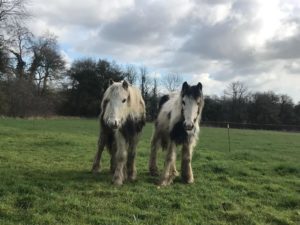 colts are estimated to be between 6 - 9 months old and had found their way on to some grazing land after being left in a farmers field. Unfortunately their companion, a third colt had already died when the team rescued them.
colts are estimated to be between 6 - 9 months old and had found their way on to some grazing land after being left in a farmers field. Unfortunately their companion, a third colt had already died when the team rescued them.
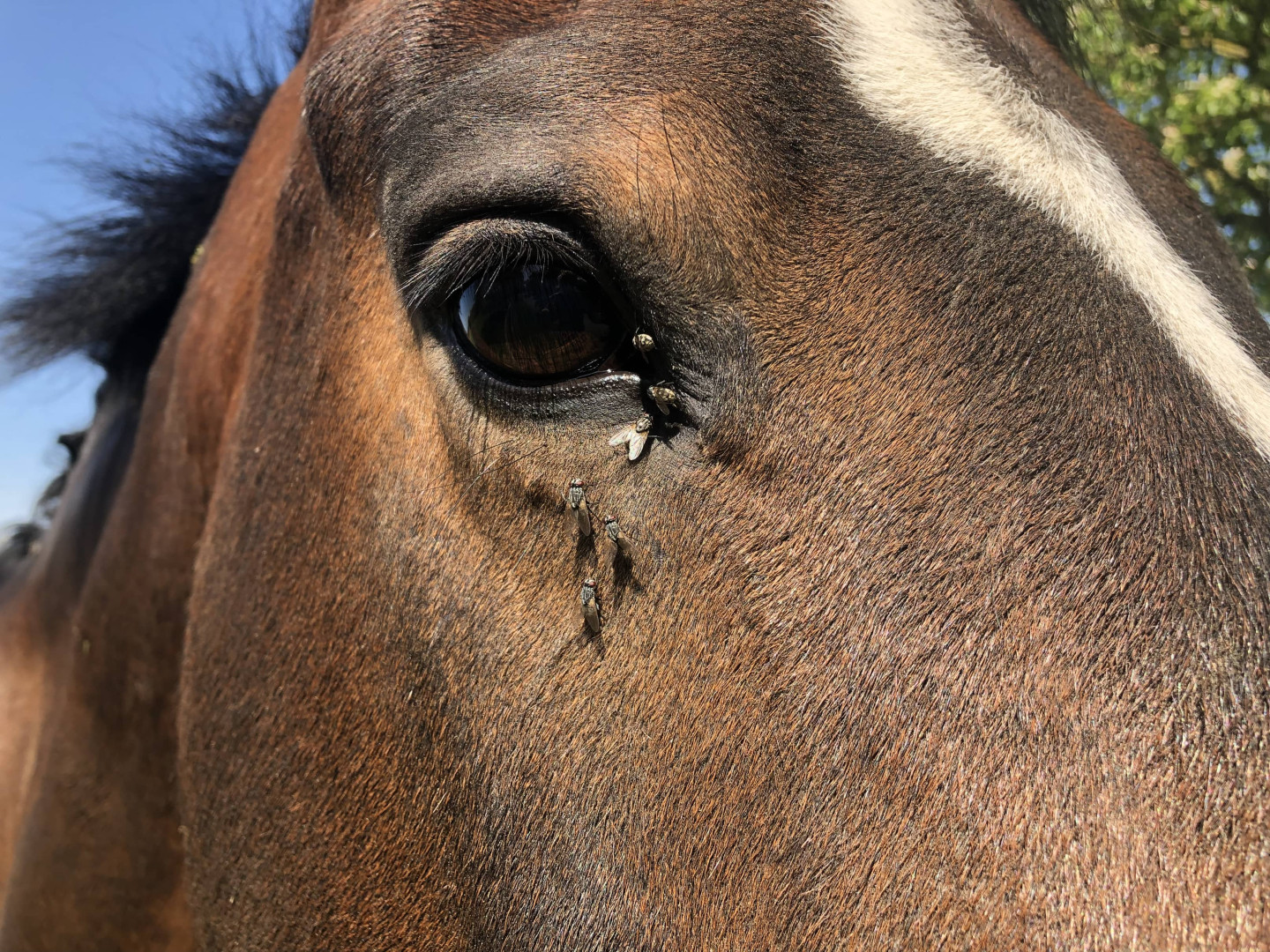
I can't remember an Easter as nice as the one we're currently having but the flies have come out with a vengeance! Poor Charlie gets mithered by flies particularly around his head and eyes which means each year I go through the same process of trying to find a fly spray that actually works! One trip to the saddler's and it is very overwhelming the number of options for fly control. I thought it would be useful to give my top tips when choosing a fly repellent and explain some of the most common ingredients so you can have a bit more knowledge when choosing the best for your horses.
© 2018 VetsDigital Agency - All Rights reserved.